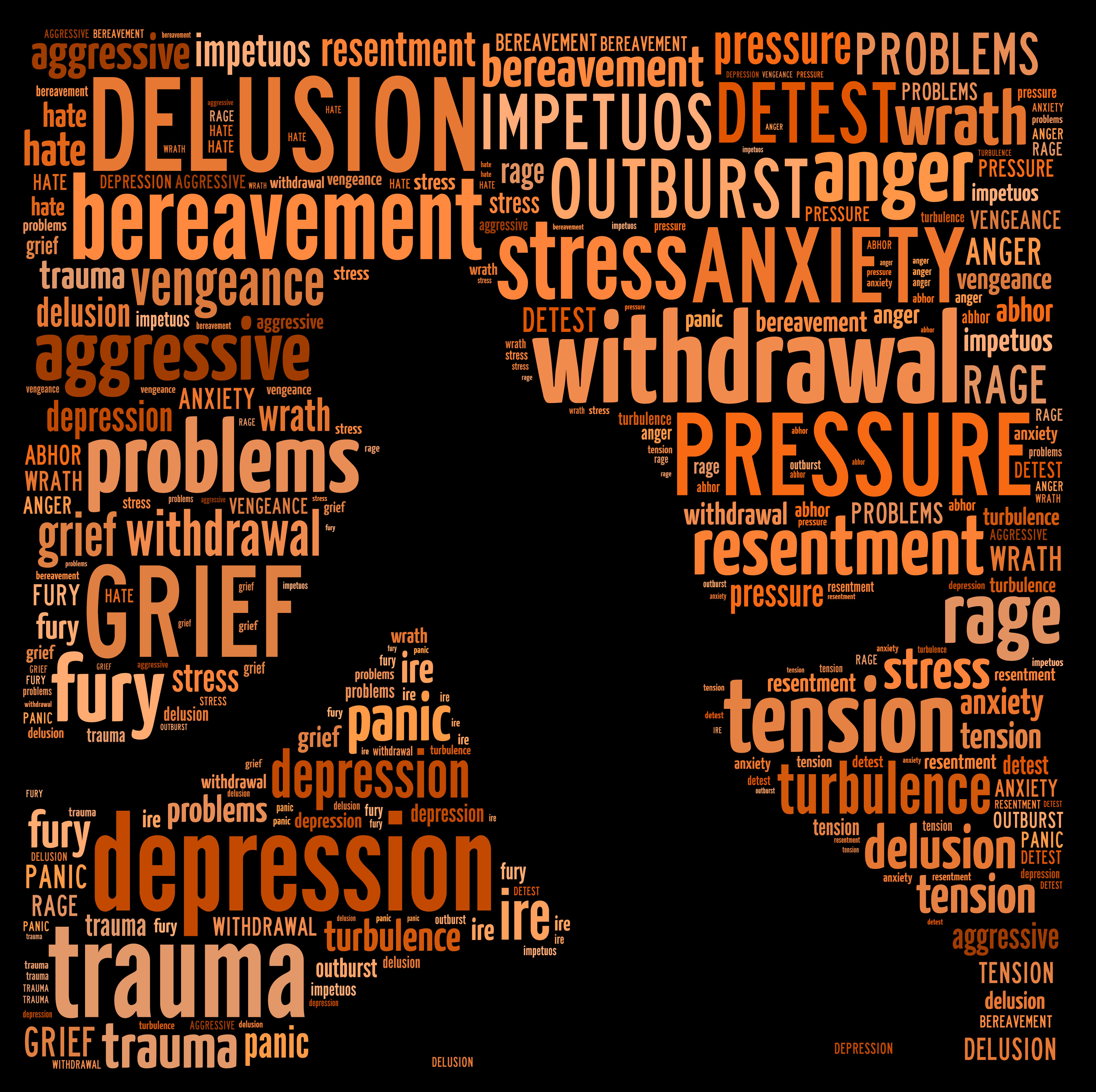
When an individual is mourning the loss of a loved one to addiction or fentanyl poisoning, the stigma associated with the cause of death can instill a sense of disconnection, leaving the grieving person feeling utterly isolated.The phrase “It takes a village” is often used to emphasize the idea that community support and collective effort are essential in addressing various challenges, including grief. Grieving is a complex and individual process, and having a supportive community can make a significant difference in helping someone navigate through the emotional turmoil.
Here are some ways in which a community or “village” can play a role in supporting individuals through grief:
- Emotional Support: Individuals experiencing grief require understanding, empathy, and a secure space to articulate their emotions. A compassionate community provides a non-judgmental atmosphere where individuals can openly share their feelings. Community can manifest in diverse forms, including connections with co-workers, church members, club associates, and support groups, both in-person and virtually. The Shadows of Grief Facebook Group exemplifies a community of shattered hearts working together to provide support for those who have lost a loved one to the fentanyl epidemic.
- Practical Assistance: Grieving can be an immense burden, making routine tasks challenging. Community members can step up to offer practical assistance, whether it’s preparing meals, running errands, or helping with household chores. The presence of friends and family in the daily life of someone navigating grief is crucial for finding the strength to move beyond the initial shock and resume day-to-day activities. When grief is linked to a stigma, such as substance abuse, overdose, or fentanyl poisoning, the need for support becomes even more critical. Stigma has the potential to intensify stress and diminish empathetic responses to a person’s grieving process.
- Companionship: Loneliness is often a part of grief. A supportive community can provide companionship and ensure that grieving individuals don’t feel isolated. This could involve spending time with them, offering a listening ear, or engaging in activities that provide comfort. Companionship seems to have been easier for me to both seek out and offer since losing my son, Marcus to the fentanyl epidemic. I have found that others who have experienced a similar loss become fast friends as we share our hearts and losses quickly and naturally. The ability to connect with others who have experienced such loss has been made easier with the speed of connectivity due to this, the technical era.
- Memorializing and Honoring: Different cultures and religions have specific practices and rituals associated with grieving. A community that understands and respects these practices can provide a comforting and familiar environment for the grieving individual. The community can play a role in commemorating and paying tribute to the individual who has passed away. This could entail coordinating memorial events, establishing commemorative rituals, or merely exchanging memories. Within the fentanyl and addiction communities, various events, rallies, and specific commemorative dates serve as occasions not only to honor those who have passed away but also to educate others about the hazards of fentanyl poisoning. Numerous groups are collaborating to advocate for legal and societal changes directly linked to addressing the fentanyl epidemic.
- Encouraging Professional Help: Grief is not a linear process, and the pain can resurface over time. A supportive community recognizes that grief doesn’t have a set timeline and continues to offer support as needed, even long after the initial loss. While community support is important, there are occasions when professional assistance is needed. The community can advocate for and assist individuals in seeking therapy or counseling when needed. For those less comfortable with traditional counseling services support groups such as Grief Share are options for consideration. Another possibility is engaging with a grief or life coach who shares similar values. For those seeking comfort in religious support, there are a variety of Christian counseling options to choose from. Whatever option aligns best with the needs of the grieving individual, a supportive community is invaluable in recognizing when additional support is needed and encouraging those struggling to reach out and ask for help. Essentially, the concept of “it takes a village” emphasizes that the combined efforts of a community can create a robust foundation for individuals navigating grief. This network of support plays a vital role in the healing process and contributes to the overall well-being of those in mourning. If you or a loved one is grappling with grief, particularly following the loss of a loved one to addiction or fentanyl poisoning, The Shadows of Grief Facebook community offers a private space where grief is acknowledged, and the stigma surrounding addiction and fentanyl poisoning is actively addressed. We invite you to join us as we strive to support one another, finding strength to move forward within the shadows of grief.
In essence, the concept of “it takes a village” highlights the power of collective efforts within a community. It is through this collective support that individuals can establish a strong foundation to navigate the profound experience of grief. This network not only plays a vital role in the healing process but also fosters overall well-being for those who are mourning. If you or someone you care about is grappling with grief, especially after the devastating loss of a loved one due to addiction or fentanyl poisoning, we invite you to join The Shadows of Grief Facebook community. Together, we create a safe space where we acknowledge and validate grief, while actively challenging the stigma surrounding addiction and fentanyl poisoning. Let us support one another and find strength to move forward, even while traversing the shadows of grief.
